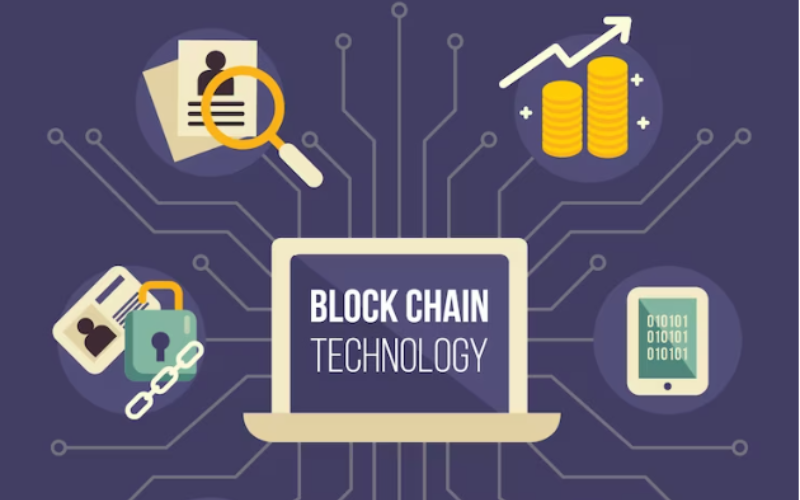Can blockchain help fintech (financial technology) transform? The combination of blockchain and fintech has emerged as a transformative force, reshaping the way transactions are conducted, verified, and secured. Blockchain, the decentralized ledger technology that underpins cryptocurrencies like Bitcoin, has transcended its origins and found profound applications in the fintech sector. Here’s how blockchain is impacting financial technology and revolutionising transactions.
Understanding blockchain technology
At its core, blockchain is a decentralized and distributed ledger that records transactions across a network of computers. Unlike traditional centralized systems, blockchain operates on a consensus mechanism, where each participant in the network validates and approves transactions. This inherent transparency and immutability make blockchain ideal for ensuring the integrity and security of financial transactions.
Advantages of blockchain in fintech
One of the key advantages of blockchain in fintech is its ability to enhance security and trust in transactions. Every transaction recorded on the blockchain is cryptographically linked to the previous one, forming a chain of blocks. Once a block is added to the chain, it becomes nearly impossible to alter previous transactions, providing an unparalleled level of security. This feature is particularly appealing in an era where cybersecurity threats loom large, and trust in traditional financial institutions can be a challenge.
The traditional cross-border payment process is often marred by inefficiencies, delays, and high transaction costs. Blockchain technology has the potential to streamline this process by eliminating intermediaries and facilitating near-instantaneous, cost-effective transactions. Cross-border payments that typically take days can be executed in a matter of minutes, providing a significant boon to businesses and individuals engaged in international transactions.
Smart contracts, a hallmark of blockchain technology, are self-executing contracts with the terms of the agreement directly written into code. These contracts automatically execute when predefined conditions are met, eliminating the need for intermediaries. In the fintech realm, smart contracts are being employed for various purposes, including insurance claims processing, trade settlements, and even decentralized finance (DeFi) applications.
Blockchain’s impact extends beyond traditional banking systems to encompass decentralized finance, often referred to as DeFi. DeFi platforms leverage blockchain to provide financial services without traditional intermediaries. This includes lending, borrowing, trading, and earning interest on cryptocurrencies. DeFi has the potential to unlock financial services for the unbanked and underbanked populations, fostering greater financial inclusion globally.
Notably, according to a report by TechMagic, the global blockchain in the fintech market, valued at $10.02 billion in 2022, is set to grow at a compound annual growth rate of 87.7% up to 2030.
Challenges and Considerations
While the potential benefits of blockchain in fintech are immense, challenges such as scalability, regulatory uncertainties, and the environmental impact of certain consensus mechanisms needs to be addressed. Striking a balance between innovation and regulatory compliance remains a crucial consideration for the widespread adoption of blockchain in the financial sector.
As blockchain continues to mature, its integration with fintech is poised to redefine the future of transactions. Whether it’s enhancing security, expediting cross-border payments, or revolutionizing financial services through DeFi, the synergy between blockchain and fintech is a testament to the ongoing evolution of the financial industry.
